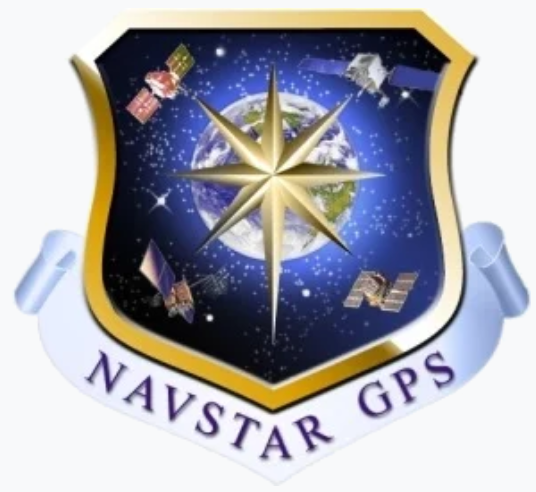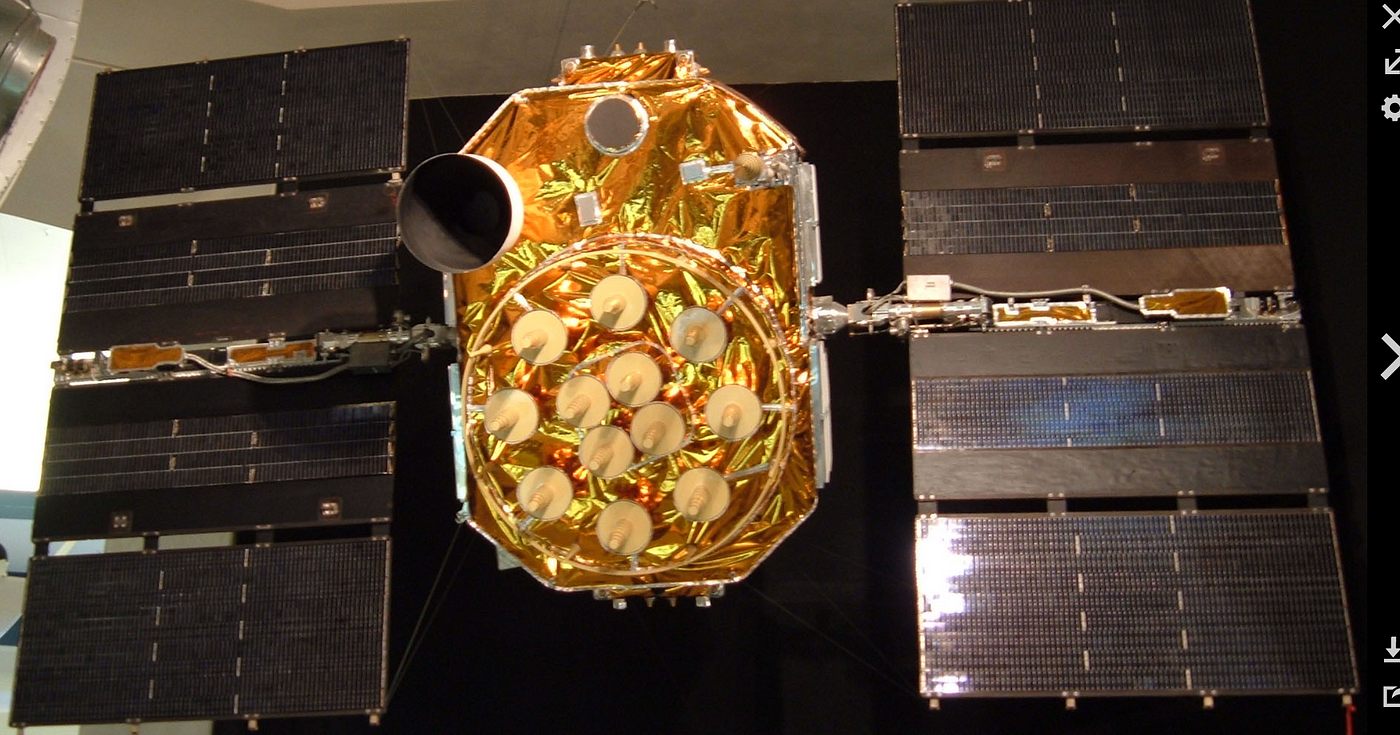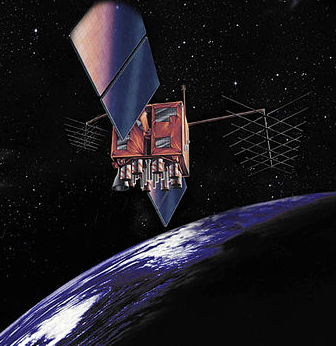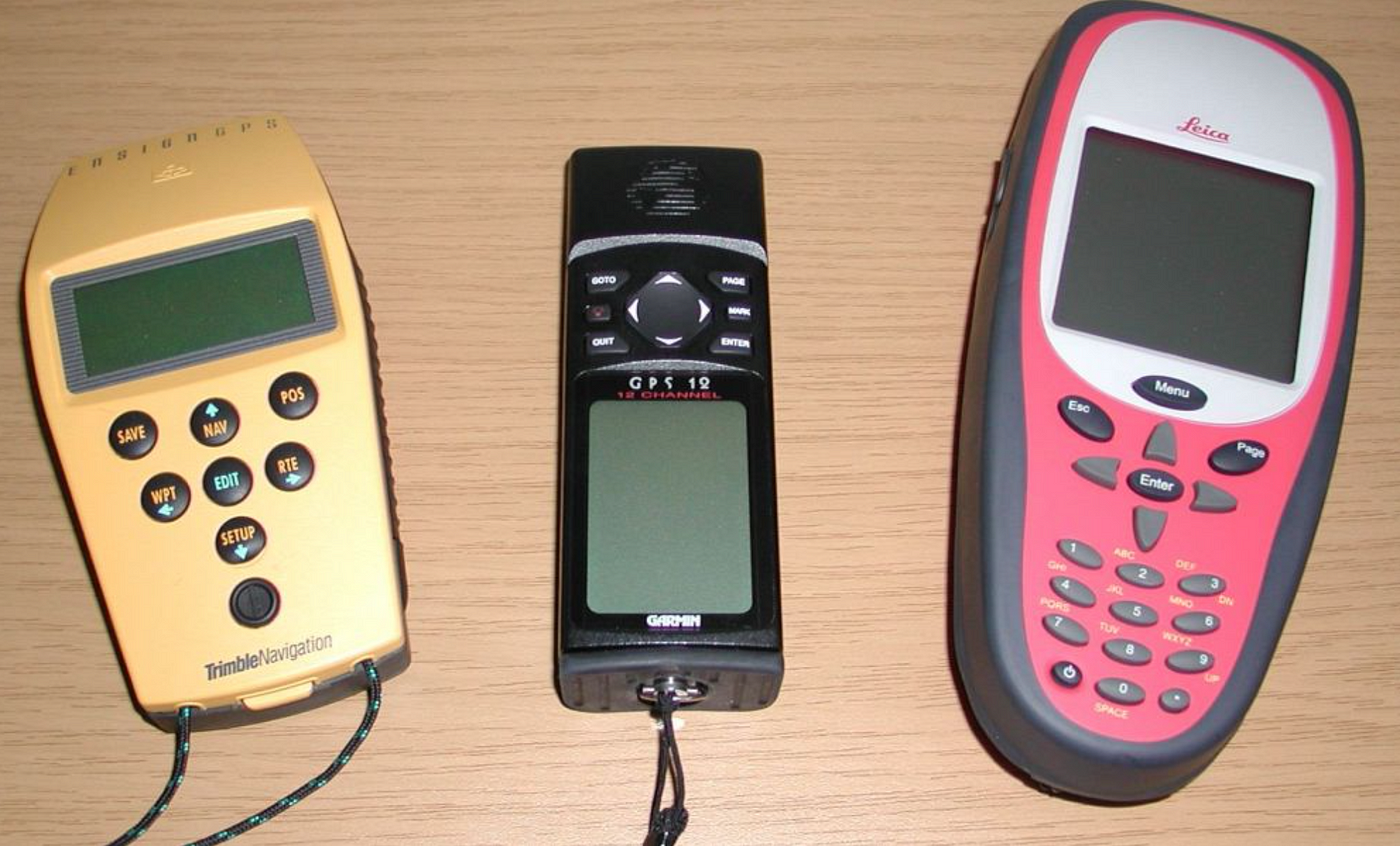What the Tech?! GPS Technology
A look at how the GPS satellite system changed our world.
In the new age of smartphones and navigation apps, it’s easy to take older technologies like Global Positioning System (GPS) for granted. This remarkable technology, developed by the United States government, has revolutionized navigation, logistics, and countless other industries. In this’s months what the tech post, we will explore the technology behind GPS, how it is implemented, and examine the potential consequences if we were to lose this indispensable tool.
The Origins of GPS
The origins of the GPS program can be traced back to the 1960s when the United States Department of Defense initiated a project called NAVSTAR (Navigation System with Timing and Ranging). The primary motivation behind the development of GPS was to address military navigation and positioning needs. The project aimed to create a precise, reliable, and global positioning system that could provide accurate location information for military operations, missile guidance, and navigation of military vehicles and aircraft. In the early stages, GPS was primarily a military technology, with limited civilian access. However, recognizing its immense potential, President Ronald Reagan directed the U.S. government to make GPS available for civilian use in the 1980s. Since then, GPS has rapidly evolved and transformed into a ubiquitous technology that impacts countless aspects of our daily lives. Early logo for the Navstar / GPS.
Early logo for the Navstar / GPS.
One mostly forgotten piece of information about the GPS constellations is that in the early days, they used a piece of code to deliberately degrade network accuracy. Known as “Selective Availability”, this feature enabled the GPS clusters to reduce the accuracy within a receiver, that is within a certain area. Using civillian receivers, Selective Availability meant that a receiving unit was able to have its position degraged, meaning that it could have a position error of up to 100m. Selective Availability was designed to give the US security that it’s own GPS constellations cannot be used to cue and guide weapons. While this feature was removed in 2000 by then US President Clinton in the interest of goodwill, further protection’s remain today. While you won’t notice these limitations in a ground based vehicle moving at a slow speed should you decide to take up amateur rocketry or implement your own ICBM program, you should know that most commercial recievers will exclude tracking for devices that have a profile similar to a cruise or ballistic missile. Whilst these restrictions are implemented by the manufacturer of the receiver units, they are designed to provide restrictions based on both Speed and Altitude restrictions. The numbers do vary between manufacturer but working an altitudes below 59,000 ft and speeds that do not exceed around 1.2km/s is a safe bet.
GPS24.gif
The following pages on the English Wikipedia use this file (pages on other projects are not listed):
en.wikipedia.org
The Impact of the Technology
If you’re of the older generation, that dealt with paper maps, landline telephones and dial up internet it’s probably not hard for you to imagine a world without GPS. But for those of the younger generation that grew up with this technology, stop for a moment and think about the impact this technology has had on our lives. Let’s take a quick look at some of the subtle benefits that we get from the accessibility of GPS in our day to day lives.
Navigation and Travel:
It’s safe to say GPS changed navigation overnight. Whilst some parts of the worlds oceans are less mapped than others, the implementation of GPS empowered civilian travellers and made commercial shipping far more efficient, with much less of the risk. While paper maps weren’t immediately relegated to the wastebin, the new technology gave security to mariners, enabling to move cargo, energy and their vessels from A to B more effectively and with far less risks. In the civilian world, we moved from Street Directories, to stand alone GPS receivers carrying cartographic information onboard with no need to carry paper backups.
Emergency Services and Location:
While the implementation of emergency services has been around for far longer than GPS has been available, it’s important to touch on the technology leap this provided for emergency services and other community based organisations. Giving agencies and support services the ability to quickly locate people in need, while simultaneously providing asset tracking and geo location of their own assets and teams, GPS provided a much needed boost in providing emergency services to people in a time effective manner.
Timing and Synchronization:
While nearly everyone can see and understand the benefits of providing GPS satellites for navigation and maritime purposes, it’s our belief that one of the biggest advantages the GPS constellation provides, remains little known to the world outside of Networking and RF specialists. Namely, the ability to provide consistently accurate time synchronization to outside services. Whilst this topic is vast, and outside the scope of a single article we can mention the following services that use this ability to empower our world, all day every day.
- Mobile Telephones & Internet
- Financial & Stock Market Systems
- Electrical Generation & Distribution Grids
- Digital Broadcasting & Communications
- Maritime & Aviation Transportation.
Every one of these services that are critical to our every day life relies on its ability to consistently and accurately receive time coordination via the GPS Constellation. Unused Block IIA GPS satellite.
Unused Block IIA GPS satellite. Artistic impression of Block III Satellite in orbit.
Artistic impression of Block III Satellite in orbit.
What Would We Do Without It:
We thought we’d take some liberty with the last section and allow the electronic brain to take over, asking it to describe a world without GPS. Let’s see what it has to say.
Input: Accurately describe the differences in a world that does not have a GPS constellation
Output: In a world without a GPS constellation, the absence of this global positioning system would have profound implications across various domains. Let’s explore the differences we would encounter in such a world:
1. Navigation and Travel: Navigation would become significantly more challenging and reliant on traditional methods. Paper maps, compasses, and landmarks would regain prominence as primary tools for finding our way. Traveling to unfamiliar places would require extensive planning, reliance on physical signage, and local knowledge. Getting lost would be a common occurrence, leading to frustration and inefficiency in reaching our destinations.
2. Transportation and Logistics: The transportation industry would suffer notable setbacks. Fleet management and logistics would become more complex, as companies would have limited visibility into the real-time location and status of their vehicles. Timely deliveries and optimized routing would become more difficult, leading to increased costs and potential disruptions in supply chains.
3. Emergency Services: Without GPS, emergency services would face significant challenges in locating and responding to emergencies swiftly. Dispatchers would struggle to pinpoint the exact location of distressed individuals, resulting in delayed response times and potentially jeopardizing lives. Accurate coordination among emergency responders would be hindered, leading to reduced efficiency in critical situations.
4. Timing and Synchronization: GPS provides a highly accurate and universally synchronized time reference. In the absence of GPS, industries that rely on precise timing, such as telecommunications, finance, and power grids, would face difficulties. Network synchronization, financial transactions, and power distribution would suffer from increased inaccuracies and potential disruptions, impacting overall operational efficiency.
5. Precision Agriculture and Surveying: The use of GPS in precision agriculture and surveying has revolutionized these fields. In a world without GPS, farmers would struggle to optimize crop yields and implement precise farming techniques. Surveyors would encounter challenges in accurately mapping and measuring land, affecting construction, infrastructure development, and urban planning.
6. Recreational Activities: GPS has enhanced various recreational activities, such as hiking, geocaching, and outdoor exploration. In a GPS-less world, these activities would become more challenging and reliant on traditional navigation methods. Geocaching, for instance, would be significantly more difficult without precise coordinates, diminishing the excitement and accessibility of this popular outdoor pursuit.
Overall, the absence of a GPS constellation would result in a world characterized by reduced navigational efficiency, increased reliance on traditional methods, and limitations in various sectors heavily dependent on accurate positioning, timing, and coordination. The progress, convenience, and interconnection brought by GPS technology would be sorely missed, and society would need to adapt to a world with greater uncertainties in location-based information and synchronization. Civilian Grade GPS Receivers were a huge step above traditional navigation methods.
Civilian Grade GPS Receivers were a huge step above traditional navigation methods.
In Closing
We can see by the GPT assessment that our world without accurate mapping and timing capabilities would be a very different place. Whilst the GPS signal is considered to be by all accounts a very low powered transmission re signal to noise ratio, this little signal heard by receivers world wide contributes far more information than it is often given credit for.
Thanks for reading, and remember What the Tech is a recurring, monthly article covering some of the biggest pieces of technology that have changed our world through the years, for better or for worse.
If you’d like to subscribe for email updates to receive our latest What the Tech stories along with other cryptocurrency and defense related material you can do so here
If you’d like to directly support our writing on medium you can join us by obtaining membership here
Or if you prefer telegram you can follow our channel here





































